Title
Plant your seeds in research.
Are you passionate about plants and eager to make a real-world impact? The Plant Biology Department is at the forefront of exploring the complexities of plant life, from molecular mechanisms to ecosystem dynamics. Our research is helping to address some of the world’s most pressing challenges, such as food security, biodiversity conservation, and global climate change.
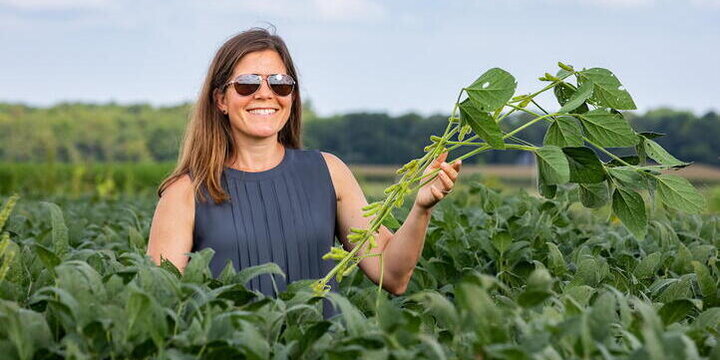
Ainsworth Lab
The Ainsworth Lab aims to understand how plants react to global changes like higher CO2, ozone, heat, and drought, so crop growth and food production can be improved in the future.
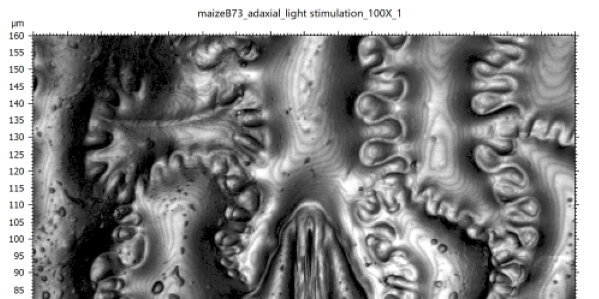
Andrew Leakey's Laboratory
Andrew Leakey's Laboratory research focuses on improving plant adaptation to environmental changes, especially drought, by studying how plants control water use and using biotechnology to enhance crop efficiency and sustainability.
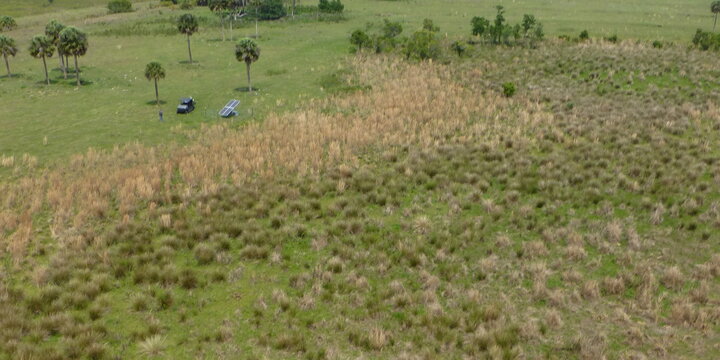
Bernacchi Environmental Crop Environmental Physiology Lab
The Environmental Plant Physiology lab studies how plants and ecosystems react to global changes like carbon dioxide and temperature increases using experiments and models to understand their responses.
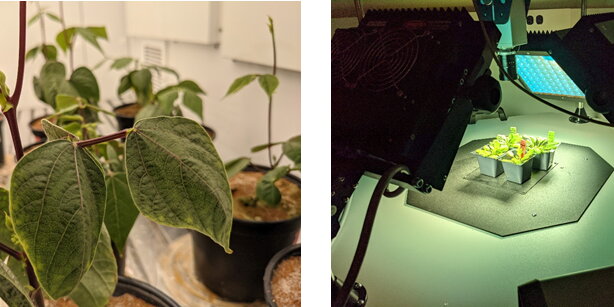
The Brooks Lab
The Brooks Lab aims to understand how plants use nitrogen and perform photosynthesis together, to improve crop production and reduce the need for harmful nitrogen fertilizers.
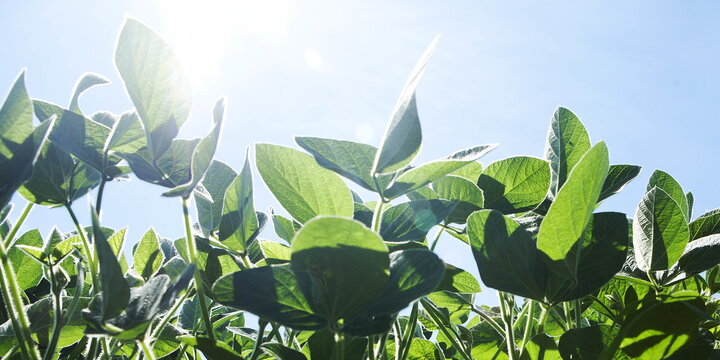
Burgess Lab
The Burgess Lab mission is to provide a sustainable agricultural system for future generations by harnessing open science and synthetic biology tools to simplify, minaturize, and automate engineering of photosynthetic organisms.
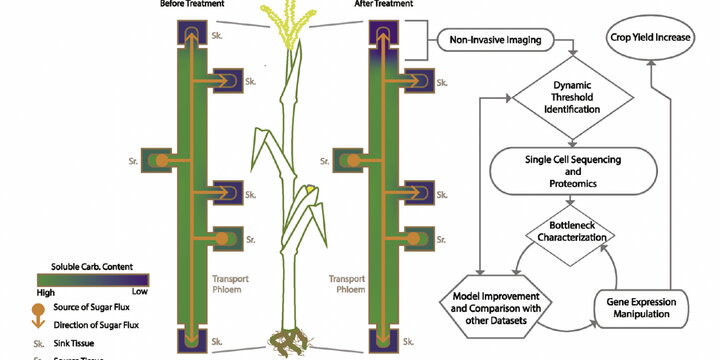
Chen Lab
The Chen Lab's research aims to improve crop yields and create a sustainable, bio-based economy by understanding how plants allocate energy and nutrients, with a focus on optimizing this process to reduce reliance on fossil fuels.
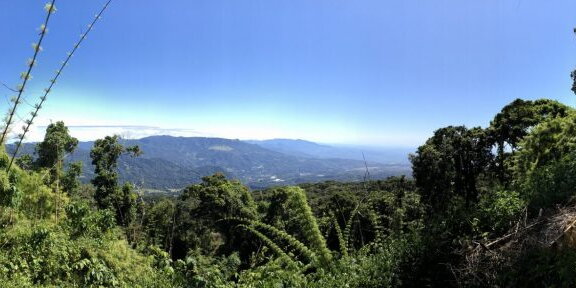
Dalling Lab
The Dalling Lab of Tropical Forest Ecology studies tropical rain forests to understand how plants interact with fungi and soil, focusing on how these interactions affect tree growth and forest regeneration, with research conducted in Panama and Illinois.
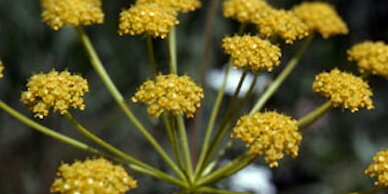
Downie Lab
The Downie Lab studies the diversification of flowering plants and the relationships among them, with emphasis on the plant family Apiaceae, using evidence from herbarium collections to phylogenomics, to better understand plant biodiversity and the evolution of traits.

The Conroy Lab
The Conroy Lab studies past, present, and future climate changes using tools like climate records, observations, and models, focusing on things like ocean and atmospheric processes, past climate patterns, and modern wind trends.
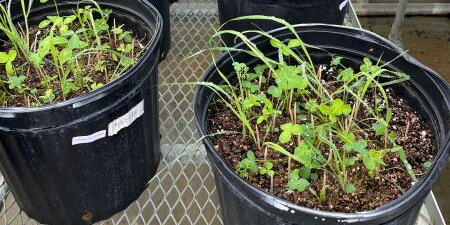
Heath Lab
Heath Lab studies the evolution and genetics of plant-microbe symbiosis.
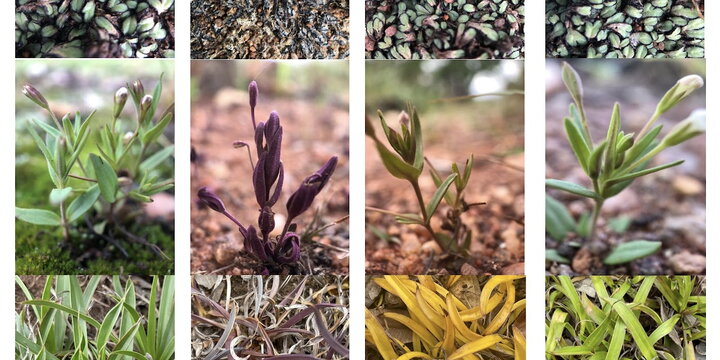
Marks Lab
The Marks Lab studies resurrection plants that survive extreme dehydration to understand the mechanisms of desiccation tolerance, its evolutionary roots, and its implications for plants adapting to climate change, while advocating for diversity and global collaboration in science.
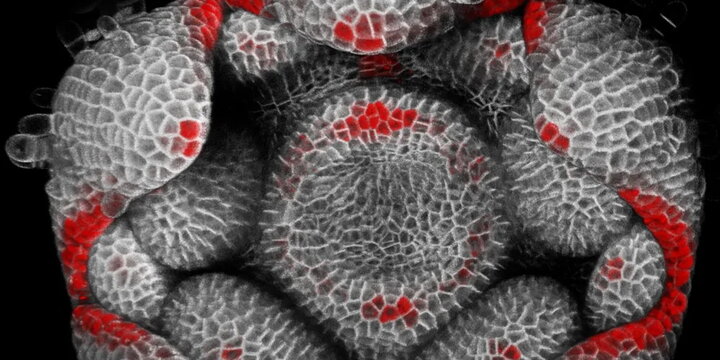
The Min Lab
The Min Lab studies the molecular mechanisms that underlie the development of plants, with particular focus on how flowers are formed and diversified.
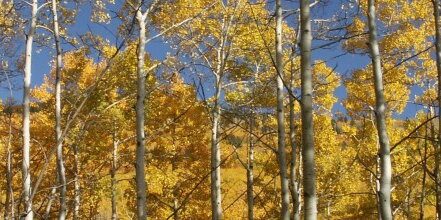
O'Dwyer Lab
The O'Dwyer lab studies how different species interact and change over time in nature by using a mix of theory, experiments, and data to understand ecological communities.
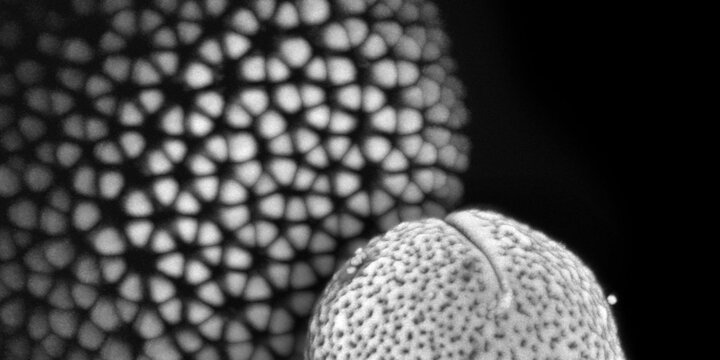
Punyasena Paleoecology Lab
Punyasena Paleoecology Lab studies how climate affects plant communities in the lowland Neotropics by analyzing fossil pollen to understand long-term plant changes, and we are developing new tools like advanced microscopy and machine learning to improve research in this area.

The Yang Lab
The Yang Lab studies how human activities affect ecosystems, focusing on chemical changes in the environment, greenhouse gas emissions, nitrogen cycling, and plant-microbe interactions to reduce nutrient loss and greenhouse gas emissions.